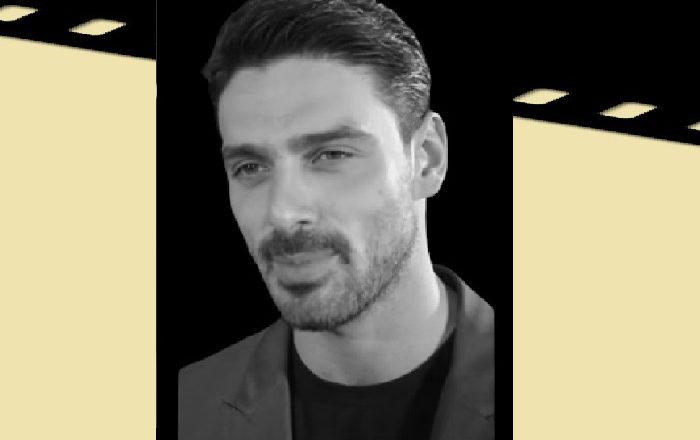Michele Morrone An Italian Actor With Perpetual Facial Hair And A Piercing Gaze
His Instagram is a thirst trap, which could explain why Michele Morrone has almost 13 million followers eager to drink from his well of hotness. An Italian actor with perpetual facial hair and a piercing gaze, not only is he an actor, but he’s the guy in print campaigns for Chopard and Dolce & Gabbana.
He’s also a singer, and released his debut album, Dark Room, in 2020, with over 100 million streams. The music video for the lead single, “Feel It,” has over 62 million views on YouTube, and his follow-up single, “Hard For Me,” has 49 million. All this to say, Michele is a beautiful man to watch.
Want Free Access To Michele Morrone Nude Pics & Clips? Click Here!
This utter beefcake with a chiseled body got his start in 2015's The Teacher as Bruno Sacchi. He then rose the through the...

